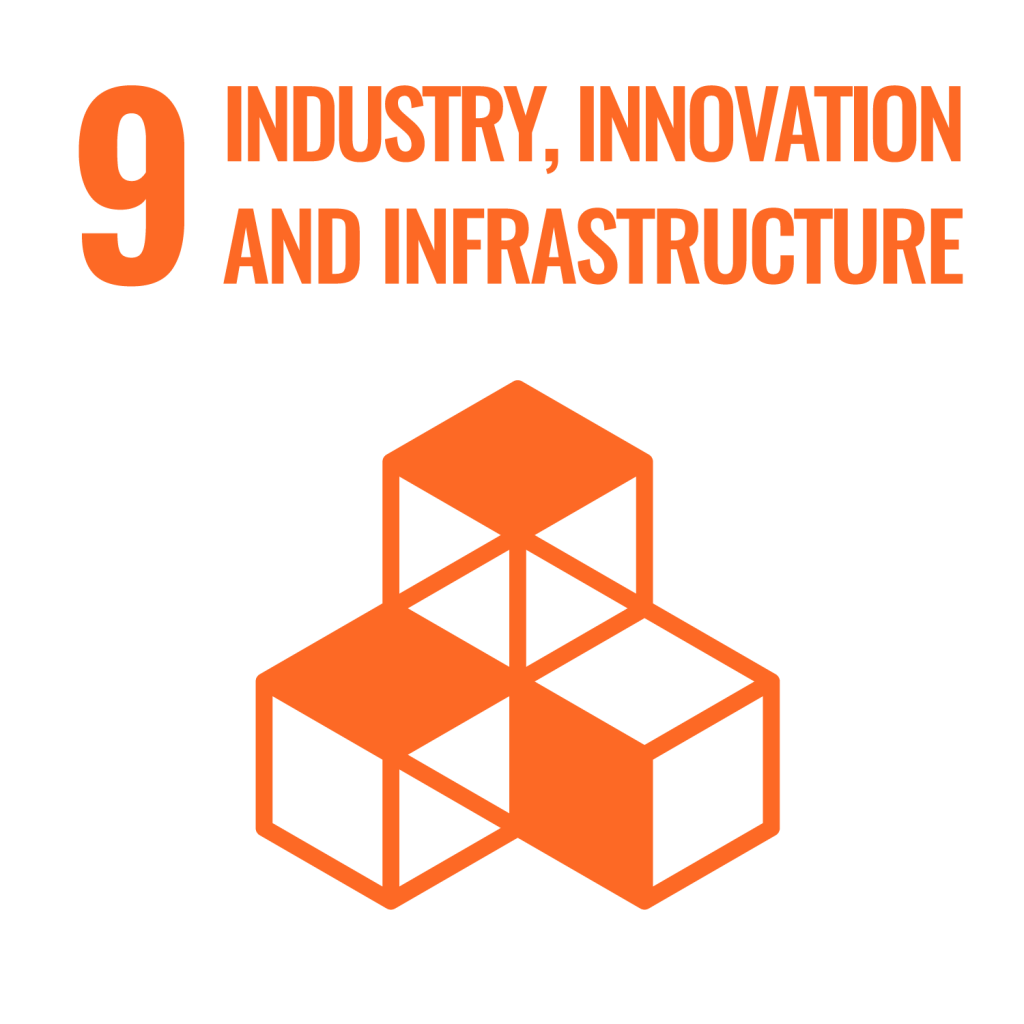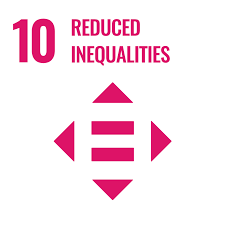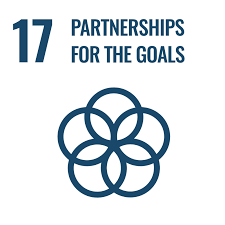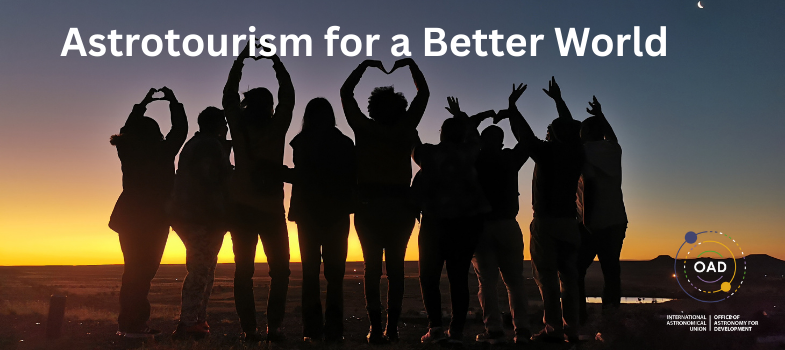Theme 3: Knowledge and Skills for Development
This themes aims to make use of knowledge and skills used in astronomy, such as programming, data handling, data analysis and machine learning, as well as infrastructure such as cloud computing platforms, to advance development objectives through either the teaching or application of skills. This may be executed in the form of educational programmes such as advanced schools/workshops, or in the form of hackathons/competitions which bring together skilled professionals or students with the goal of solving development issues using such skills.
The implementation of such schools/workshops could lead to an increase in the number of students/individuals who are confident in applying the skills learned to their own studies, research or careers, as well as motivated to further the skills learned, leading to an enhanced employability and greater contribution to the economy. It could also lead to a growing number of cross disciplinary and cross sector data intensive projects, further partnerships with development and data science organisations and wider use of infrastructure such as high performance and cloud computing, especially in contexts where such tools are used infrequently and could be beneficial.
Projects under this theme align with a number of SDGs, including:
- SDG 4 (Quality Education): The theme promotes education through workshops, hackathons, and training in data science, programming, and machine learning - especially in underserved regions.
- SDG 9 (Industry, Innovation and Infrastructure): Leveraging astronomy-related infrastructure like cloud computing and high-performance computing supports technological advancement and innovation.
- SDG 10 (Reduced Inequalities): Targeting marginalised communities and countries with limited resources helps bridge the digital divide and promote inclusive development.
- SDG 17 (Partnerships for the Goals): Collaborations with organisations like DataKind and WHO foster cross-sector partnerships to tackle development challenges using astronomy-based data science.




The flagship projects under this theme focuses on leveraging astronomy-related expertise to address global development challenges. One key initiative was the Big Data Hackathons, organised by the Office of Astronomy for Development (OAD) and Development in Africa with Radio Astronomy (DARA) Big Data, which aimed to build data science and programming capacity across Africa using radio astronomy as a foundation. These multi-year events have empowered participants with critical technical skills while fostering regional innovation.
Another major project is Hackathons for Development (Hack4Dev), a series of hackathons designed to apply astronomy-derived skills - such as machine learning, cloud computing, and data analysis - to real-world development problems. Held in countries like Kenya, Ghana, South Africa, India, and Brazil, these events bring together students, professionals, and industry partners to co-create solutions that are both locally relevant and globally impactful.
Together, these projects exemplify how astronomy can be a powerful catalyst for education, economic growth, and social progress. To learn more about this flagship theme, you can visit the OAD web page.
N.B. Educational or outreach programmes at the schooling level, as well as general astro teacher training programmes will fall under the scope of the IAU Office of Astronomy for Education (OAE https://astro4edu.org/) and the IAU Office for Astronomy Outreach (OAO https://www.iau.org/public/oao/).
Click here to go to the next section: Introduction to Astronomy
